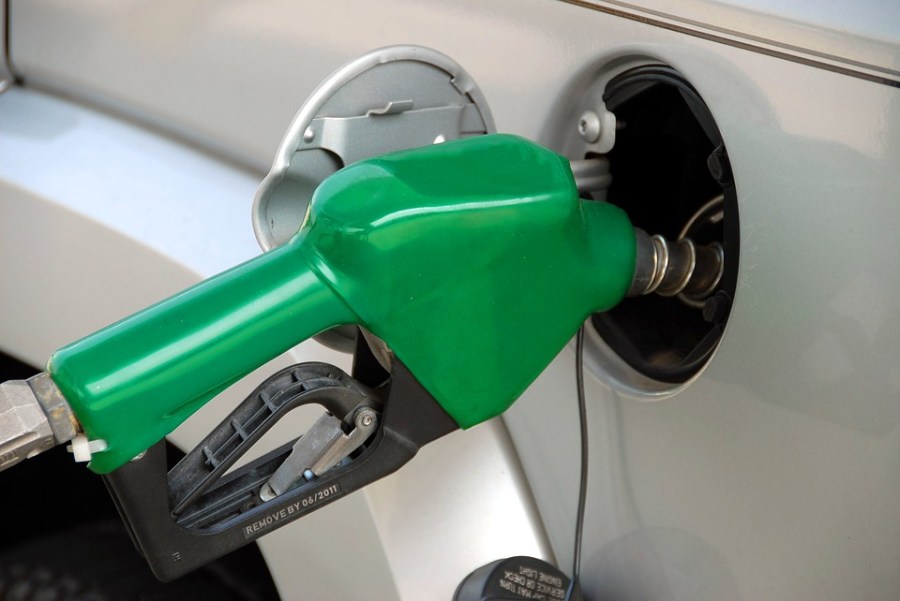Where Is the Fuel Pump in a 2002 Blazer

We all have fuel tanks in our cars, but most of us don't really pay attention to them, unless they're empty that is. Fuel tanks come in a variety of sizes, with compact cars generally having much smaller capacity tanks than large cars or trucks. But beyond the basics, here are some things you should know about fuel tanks.
Have a Regular Fuel Tank Inspection
When you take your car to the garage to be serviced, various components are looked at as part of the routine checkup. Your tires, brakes and fluid levels are looked at by your mechanic, but do they check the condition of the fuel tank? At your next appointment make sure to ask them to include this important component during your regular maintenance service.
If your car's gas tank is made of metal, the mechanic should check for rust and corrosion. If this condition is allowed to persist, it can eat through the metal in the tank and cause a leak. This is especially important to check for in colder climates, where roads are regularly salted, or in wet climates where condensation contributes to rust. Gas tanks made of polyethylene can be damaged by road debris like gravel. Have them also check the mounting hardware to make sure it's tight and secure.
When you smell gasoline while your car is running, it's easy to assume that there's a leak in the tank, but it could turn out to be an issue with the tank's fuel cap. The tank cap prevents water, debris and dust from getting into the tank, but it also plays a crucial role in the vehicle's evaporative emissions system. When the cap is properly closed it captures fuel vapors that would otherwise escape and evaporate and allows them to be reused.
If the cap is loose, worn, or cracked your mechanic can identify the problem and repair or replace the cap to get rid of the smell. While a damaged fuel cap isn't a safety threat, it can decrease your vehicle's fuel efficiency and may cause the check engine sensor to light up.
It's Unsafe to Drive With a Leak
If you think there's a leak in your fuel tank, don't ignore it. When there's a gasoline leak it only requires a spark to set off a combustion and vehicle fire. If you don't attend to this issue immediately you put yourself and other drivers at risk of a fire or explosion. If you see fuel leaking beneath the vehicle or smell gas, call your mechanic before driving anywhere. They may tell you to have your car towed to the garage, or drive directly there yourself. And remember to never smoke in your vehicle if you suspect a gas leak.
Keep Your Tank at Least One Quarter Full
First of all the fuel gage isn't always accurate, and you could be running close to empty without knowing. Plus, if you let the level of gas run too low it can damage your car. If you run out of gas you can damage your catalytic converter, requiring it to be repaired or replaced. On top of that, the gas in your car acts like a coolant for the electric fuel pump motor, and if you run very low it allows the pump to suck in air. This creates heat and can cause the fuel pump to wear prematurely and potentially fail.
MORE FROM QUESTIONSANSWERED.NET
Where Is the Fuel Pump in a 2002 Blazer
Source: https://www.questionsanswered.net/article/what-you-need-to-know-about-fuel-tanks?utm_content=params%3Ao%3D740012%26ad%3DdirN%26qo%3DserpIndex
0 Response to "Where Is the Fuel Pump in a 2002 Blazer"
Post a Comment